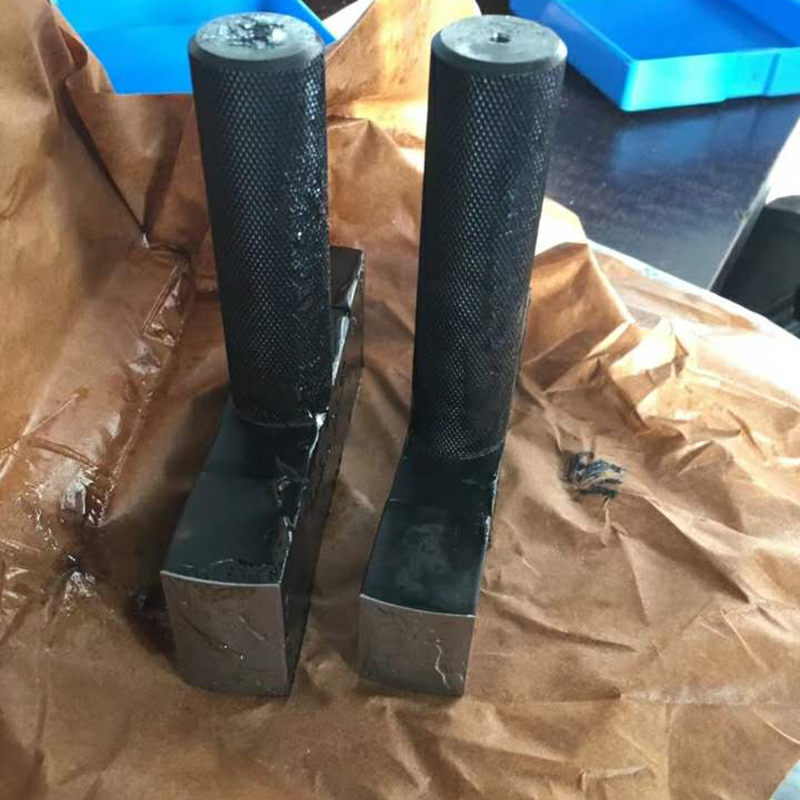Nov . 27, 2024 13:32 Back to list
Water Control Solutions for Efficient Valve Management in Plumbing Systems
The Importance of Valve Water Management in Industrial Applications
In various industrial operations, water is an essential resource utilized for cooling, cleaning, and processing. However, managing water efficiently and effectively poses significant challenges, particularly when it comes to valves—the critical components controlling the flow of fluids in a system. This article explores the importance of valve water management, the types of valves commonly used, and strategies for optimizing their performance.
Understanding Valves in Water Systems
Valves serve multiple functions in water management systems, such as regulating, directing, or controlling the flow of water. They can be found in various applications, from municipal water supplies to industrial processing plants. The most common types of valves used in water systems include gate valves, globe valves, ball valves, and butterfly valves. Each type has its specific advantages and disadvantages, depending on the application's requirements.
For instance, gate valves are typically used for on/off control and are designed to minimize pressure loss when fully open. In contrast, globe valves offer better regulation capabilities, making them suitable for throttling applications. Ball valves, known for their quick operation and resistance to wear, are favored in scenarios that require frequent on/off control. Meanwhile, butterfly valves are lightweight and provide a compact solution for controlling large volumes of water with minimal pressure drop.
The Challenges of Valve Water Management
Despite their integral role, valve water management can be fraught with challenges. One major concern is maintenance; improperly maintained valves can lead to leaks, reduced efficiency, and failures that disrupt operations. Regular inspections and maintenance are crucial to ensure that valves function correctly and help prevent water loss, which is not only wasteful but can also lead to significant financial losses for businesses.
Another challenge is the wear and tear of valve components due to environmental conditions, such as corrosion, temperature fluctuations, and pressure changes. These factors can compromise the integrity of the valve, leading to failures when they are most needed. Consequently, selecting the right materials for valve construction is essential to enhance durability and reduce the frequency of replacements.
Strategies for Optimizing Valve Performance
valve water

Effective valve water management can lead to improved operational efficiency, reduced water waste, and cost savings. Here are some strategies to consider
1. Regular Maintenance and Inspection Establish a routine maintenance schedule that includes inspections, cleaning, and repairs. This proactive approach can identify potential issues before they escalate, ensuring that valves remain functional and efficient.
2. Use Technology for Monitoring Implement monitoring systems that leverage sensors and data analytics to track valve performance in real time. Technologies such as IoT (Internet of Things) can provide insights into pressure, flow rates, and anomalies, enabling timely interventions.
3. Material Selection Choose valves made from corrosion-resistant materials, particularly in environments with aggressive chemicals or extreme temperatures. Advanced materials such as stainless steel or specialized coatings can significantly enhance the lifespan and reliability of valves.
4. Operator Training Ensure that personnel are well-trained in the operation and maintenance of valves. Understanding how to operate valves correctly can prevent misuse, which is a common cause of failure.
5. Replacement Planning Establish a lifecycle plan for valve replacement. Recognizing when a valve is nearing the end of its useful life can help avoid unexpected breakdowns and allow for budget planning for replacements.
Conclusion
Valve water management is crucial for the efficient operation of any system that relies on water. By understanding the types of valves, recognizing potential challenges, and implementing strategic management practices, organizations can optimize water usage and ensure reliable system performance. As industries continue to face increasing pressure to conserve resources and operate sustainably, effective valve management will play a pivotal role in achieving these goals. By prioritizing valve maintenance and leveraging technology, organizations can enhance their operational efficiency and contribute to a more sustainable future.
-
Thread Plug Gauge Our Promise of Measurement ExcellenceNewsAug.22,2025
-
Gauge Pin Class Reflecting Quality LegacyNewsAug.22,2025
-
Check Valve Types for High Rise BuildingsNewsAug.22,2025
-
Water Control Valve for Irrigation SystemsNewsAug.22,2025
-
Gate Valve with Soft Seal TechnologyNewsAug.22,2025
-
Y Type Strainer for Oil and Gas ApplicationsNewsAug.22,2025
Related PRODUCTS









